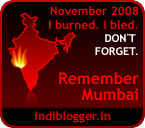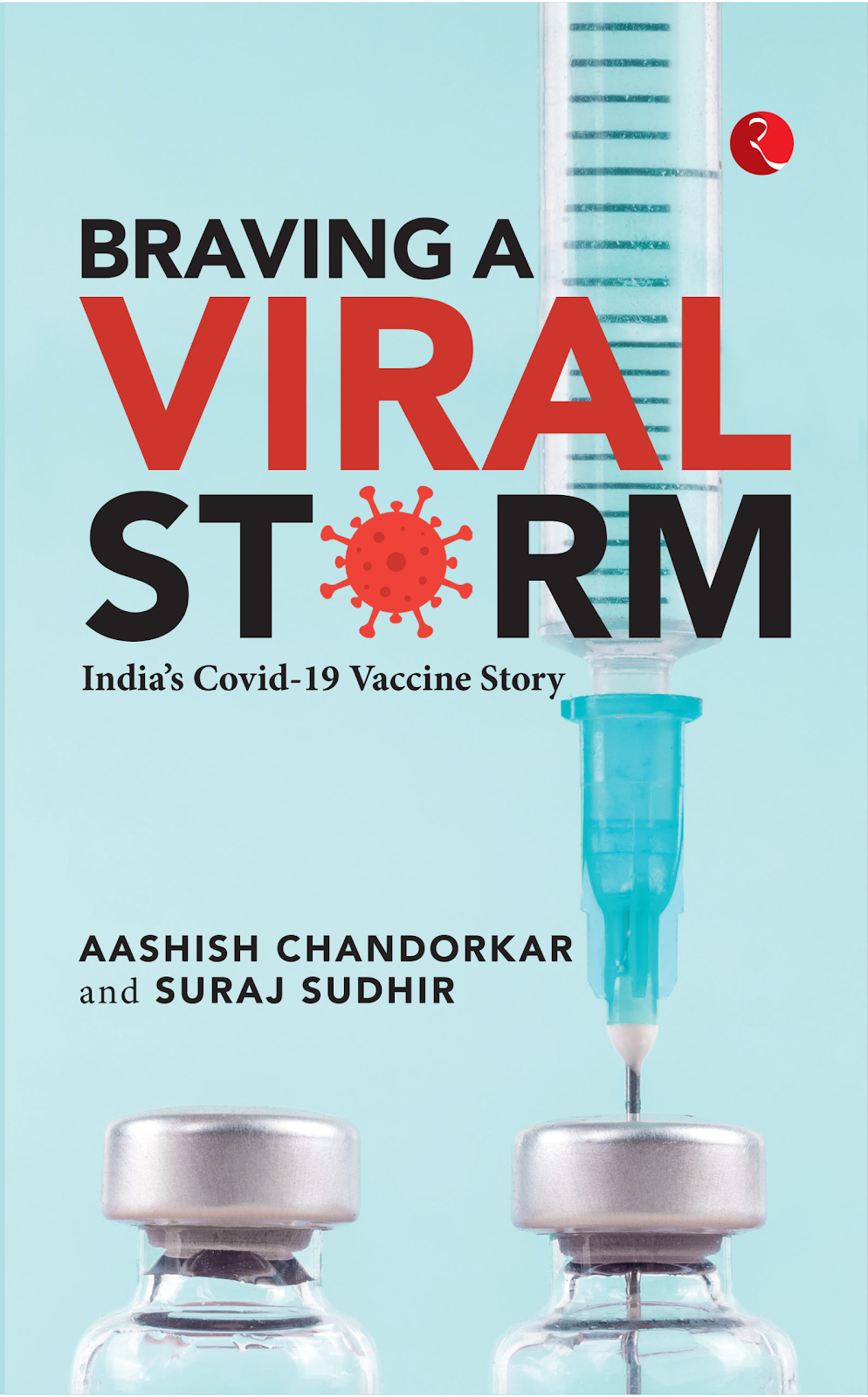“Life can only be understood backwards; but it must be lived forwards.” Soren Kierkegaard
As the Covid-19 pandemic hit, and slowly ravaged, the world in 2020 & 2021, and, now with the hindsight of the past 3 years, these words of Kierkegaard struck me. From a position of ignorance to fear and, from a sense of hope to relief, we have come a long way. And the credit for this goes no doubt to India’s almost miraculous vaccination drive. Dubbed as the #LargestVaccinationDrive, in retrospect, it seems simple and not so much of a big deal. The authors of this book tell us why this was not so.
Beginning from when India reported its first case on 30th Jan’ 20, to the entire vaccine R&D process (including the focus on Aatmanirbharta), EUAs being granted for 2 indigenous vaccines, to the vaccine rollout (including detailed logistics of the vaccine suppliers, cold storage chains, vaccinators, people behind the scenes, etc.), and the current vaccination status, the book really captures the journey India has traversed in the last 3 years. [Incidentally, 16th Jan’ 23 will be 2 years from the day the vaccine rollout started in the country].
The authors detail the entire process of how the Govt. machinery got into immediate action mode in Mar’20 itself, beginning with the creation of a task force, pushing for vaccines’ development nationally, monitoring the national & international happenings (including publishing daily data on the vaccine supplies & vaccinations done), etc.
The odds were stacked against India & the developing world in terms of financial & operational constraints for developing a vaccine. And yet, the ingenuity of Indian pharmaceutical firms & its scientists enabled it to manufacture not 1 but 2 vaccines which covered most of the population. They were aided by the CoWIN platform, which became the fastest tech platform globally to amass 20 crore registrations in less than 4 months. It routinely handled more than a billion visits daily at the peak of the vaccination process [I may have contributed to some of those visits myself :)]
The book details how India’s fortitude, courage, conviction, collective efforts & foresight enabled it to tide over this crisis. Its people had an unflinching trust in the country’s leadership & scientists. Several challenges in the vaccination process, including scale, readiness to take vaccines, training the medical personnel, etc., were overcome through four Ps – process, people, platform & persuasion. What India demonstrated during the Covid-19 response is that it has a sophisticated public that understands the challenges of execution & also recognizes both basic & sophisticated solutions being delivered to solve long-pending problems.
This is not to say that the process proceeded without any criticisms. The vaccination rollout was questioned, lampooned, prejudged, subjected to a veiled ridicule, etc. But as Alexandre Dumas noted, “Nothing succeeds like success.”
The detailed discussion on Aatmanirbhar Bharat – how India stood its ground while fighting against pressure from international pharma firms, their domestic lobbyists & global amplifiers was an interesting read. So was the chapter on Vasudhaiva Kutumbakam, especially Vaccine Maitri, in which India sent vaccines to several low & middle income developing friendly nations [by the time the Delta wave hit India in Apr’21, it had supplied vaccines to ~95 different countries & entities; by the end of Oct’22, India had exported ~27 crore vaccine doses to 100 countries]. India also fought for IPR issues at WTO & sought TRIPS waiver. The WTO developments ensured that India received a lot of goodwill from the developing world & from the Global South.
I got literal goosebumps reading Pg. Nos. 168-169: “Young India believes” – why the youth embraced vaccination so enthusiastically.
As of 15th Jan’ 23, India has crossed 220 crore vaccination doses; 2 years from the start of the vaccination drive. This would have seemed almost entirely unbelievable to someone at the start of the journey.
The book is quite an interesting and easy read, peppered with a lot of anecdotes, data (numbers + tables), and facts (including how other nations dealt with this) about the vaccination journey. It seeks to remind us of how difficult the path has been, especially for India, and how it has come out strongly in the fight against Covid-19, helmed by a strong leadership, ably supported by the innovative skills of our scientists & the humble backing of our various institutions including BIRAC, DBT, DCGI, ICMR, IISc, NIV, etc.
While reading the book, there were quite a few things which I learned for the first time, including:
Louis Pasteur’s work led to doctors beginning to use personal protective equipment (PPE).
India took longer than Somalia, Ethiopia, & all of sub-Saharan Africa to eradicate polio.
Most of the contributed smallpox vaccine was provided under bilateral agreements by the USSR, which donated more than 1,400 million doses from 1958 to 1979.
Indian states already had databases on individuals with co-morbidities, which were created through non-communicable disease screenings done by health & wellness centres.
Introduced in 2015, the Electronic Vaccine Intelligence Network, or eVIN, predated Covid-19 by several years. The CoWIN platform was extrapolated from this.
Mumbai airport has Asia’s biggest import cold chain capacity, with a storage capacity of more than 30,000 tonnes.
Some of the sentences in the book that I really loved:
India was up to the task of this global arranging of deckchairs.
The commentary was basically the tyranny of the op-ed space – the one with the access to the opinion can have a field day alleging practically anything.
When complex processes work exactly as planned, there is not much analysis of why things worked the way they were supposed to.
And, last but not the least, the last sentence in the Acknowledgements: Your faith is our booster dose of motivation.

